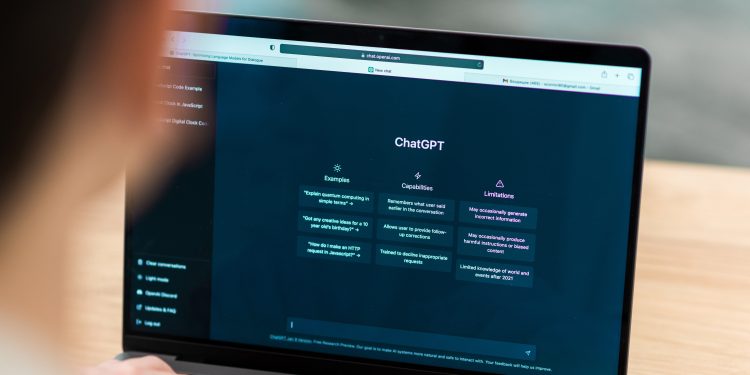The Federal Trade Commission is investigating whether OpenAI’s ChatGPT has “harmed consumers” by putting their personal data at risk.
The Washington Post first reported the news—and cited a 20-page letter that was sent to OpenAI, acknowledging that the FTC was looking into its security practices. In the letter, OpenAI is asked to address a variety of concerns, including the identification of third parties that it has allowed use of—or access to—its Large Language Models via API, and whether or not the access is paid or unpaid. The FTC is also looking to better understand how OpenAI is marketing its products to business customers, as well as the policies and procedures the company has in place to assess risk.
The Opportunities of AI
OpenAI’s ChatGPT has seen exponential growth since its debut. Companies including Expedia, Coca Cola, and Klarna are leveraging the technology into their services. In March, Klarna announced that it was leveraging the popular natural language processing tool to offer its customers a more personalized shopping experience. A month later, Expedia announced the beta launch of an in-app travel planning experience that’s powered by ChatGPT. Through the app, consumers are able to pose open-ended questions to get recommendations on places to go and where to stay.
The technology certainly has its advantages—if it didn’t, businesses wouldn’t be integrating it into their products. But as the FTC notes, it’s important to ensure that safety precautions on consumer data collection are being followed.
With Opportunities, Come Challenges
While ChatGPT certainly has the potential to transform many sectors, including the financial services space, there’s been growing concern about the overall use of AI, and the implications companies may face long-term if they don’t assess the risks associated with the technology.
In March, an open letter from Tesla CEO Elon Musk, Apple Co-Founder Steve Wozniak, and more than 31,000 executives from various industries and sectors called for AI developers to pause on any “giant AI experiments” they were working on. They stressed how important it was to have a full understanding of technology and the impact it’ll make. Assessing the risks early on are crucial, they said, for organizations to better manage AI in the future.
While the race to innovating is heating up, ensuring proper protocols are in place is more important than ever.











